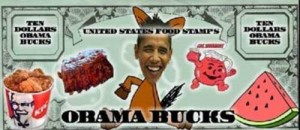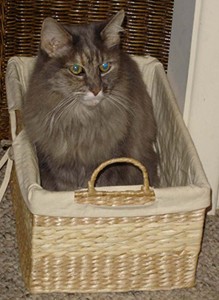I am glad to see (via ESWN) that another blogger, and an especially good one, is asking the same simple question I asked last week.
… I’m not sure what [to] make of the EU choosing him over other Chinese activists. In the last chapter of Out of Mao’s Shadow, Philip Pan describes Hu as “one of the nation’s most outspoken human rights advocates”, and, “in the debate between the purists and the pragmatists, Hu was one of the purists. Some people thought he was too much of a self-promoter, too willing to confront and provoke the authorities… But if he sometimes behaved recklessly, he also never backed down.” Only we don’t get an idea what his “pure” and provocative actions have actually achieved.
While mentioning Hu Jia in passing during summarization, Pan devotes several full chapters to a number of other people whose stories are familiar to me, and to many Chinese. Among those, there are the Southern Metropolis Daily journalists, whose tactful but effective true journalism resulted in the government’s abolishing the unjust and cruel “shourong” system; there are the two authors who wrote the book An Investigation of China’s Peasantry that pushed for the eventually realized relaxation of the peasants’ unbearable tax burden; there is the retired army doctor who first exposed the severe reality of Beijing’s SARS disaster to the outside world, helping to avoid an even bigger calamity… All of those people also suffered punishment from the government. They were not purists, but they aimed for actual change instead of simply provoking.
I don’t know what the criteria are for the “prize for freedom of thought,” but why not give it to those people?
One thing that made Hu Jia stand out from the others, it seems, is that he is presently in prison while the others are not (though some of them have been).
Quite correct. Go back to my original post, where in the comments I discuss a conversation I had just yesterday with people whose work is connected to Hu’s causes. I also met someone who worked with Hu on an AIDS awareness project at BeiDa. All I’ll say is no one who actually works with him thinks he was the best candidate for this kind of recognition. Quite the contrary.
It’s intriguing to see how devoid of actual content the articles that praise him are: planted a few (very few) trees, brought roses to Tiananmen Square and criticized the CCP there, did some good blogging, got arrested and tried to use the Olympics as a soapbox to taunt and condemn the Party. And all those things are great. However, the difference between Hu and the other heroes cited above is simple: the others actually made huge strides for their causes. Arrest and publicity are not what they’re best known for, although they’ve been there and done that. They are known for advancing very specific causes and their being jailed or harassed was a sidebar to their activism – it wasn’t the headline. As Inside-Out says, “They were not purists, but they aimed for actual change instead of simply provoking.”
There’s an entire article cited in the earlier thread going on about Hu’s purity, for whatever that’s worth. I started off two weeks ago under the Hu spell, and I said he would be the best choice for the Nobel Peace Prize. A friend of mine then made a healthy argument about why I was wrong, which led me to track down people I know who actually know Hu Jia, or who’ve worked with his wife (who gets universal praise from all). I was really surprised. Not like he’s bad or undeserving of praise for bravery, but he is so down the list in terms of inspiring those around him and bringing meaningful change to China. He became everybody’s sacred cow because the foreign media created a halo around him that’s far bigger and brighter than his actual achievements.
Amazing, the things you can learn when you leave your preconceptions at the door and look for the different sides of a story. And I am still willing to learn on this one.


Comments